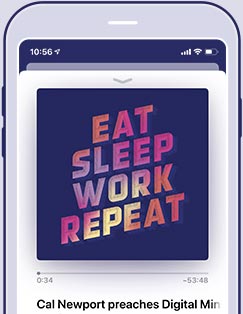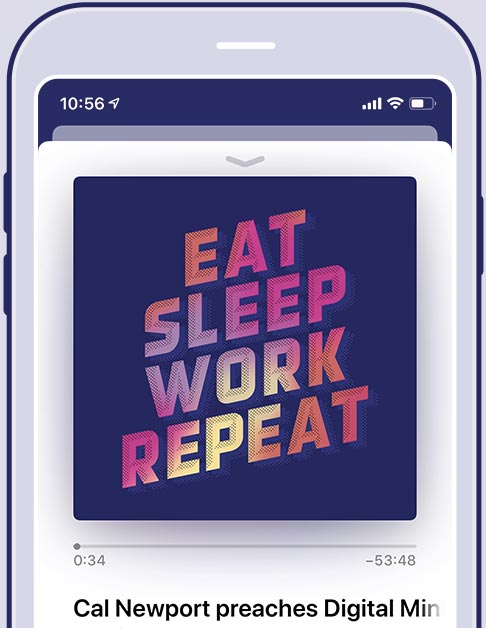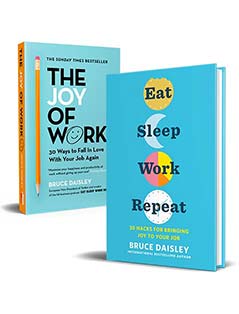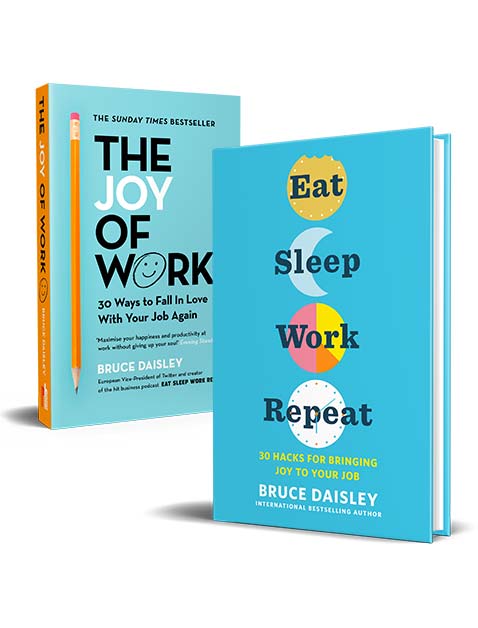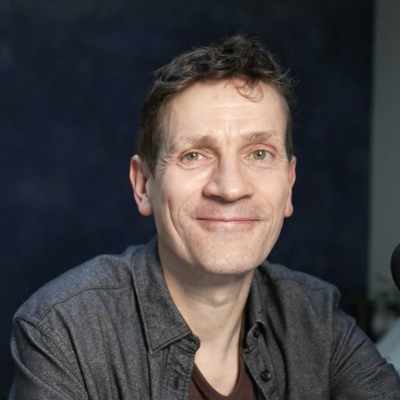How painting the walls pink changed a culture
An episode this week on behavioural science. It was prompted a little by discussions with Seth Godin and others. It was thinking can you change the culture in organisations by the way you engineer choices available to people – and I’m speaking to a behavioural scientist about these things.
First a bit of background – we discuss a reading list in the show and I’ve included it in the show notes but it’s worth giving you an intro. One of the best books I love on behavioural science is YES by Noah Goldstein, Steve Martin and Robert Cialdini.
In that book they spend chapter after chapter going through how the language that we use to invite people to do things has a big impact on what they subsequently do. TV shopping channels used to say ‘operators are waiting to take your call’ but they realised that that language made customers envisage rows of idle call handlers waiting for any sucker to buy something. So they changed it to ‘if lines are busy please try again later’. Similarly hotels evolved the notes about towels that you see when you stay as a guest. A lot of these things are built on the principles of influence made famous by Robert Cialdini.
The authors split hotel rooms, half with a note saying please recycle your towel by hanging it up, the other used social proof by saying ‘most guests at our hotel help the environment by reusing their towels’. They looked at the results. The people who got the social proof message were 26% more likely to recycle their towel. They found that they could easily improve on this by using principles of reciprocation – saying the hotel would make a donation if they reused the towel, and then further by saying ‘to thank you we’ve already made a donation’. And a weird specificity ‘by saying the majority of the people who used THIS room had reused their towel.
So if decision architecture can play a part in these things, can it make an impact on work. There may be decision architecture around your office. Maybe there are fewer waste paper bins than before – or you’re encouraged to use different recycle bins that are further away by the company alerting you to the benefits of these things.
Today’s guest is Jez Groom who runs the behavioural science company Cowry Consulting.
Jez told me at his old company Ogilvy they’d realised they could make breakthroughs in this area when they had introduced a hand stamp on the hand of workers in a food manufacture plant. No matter how much workers were told they needed to wash their hands to prevent kids getting ill or transferring dirt. But only 60% were doing it. They introduced a stamp a brown coloured e coli virus bug. It took 30 seconds to wash off. The bacterial count tumbled but most of this was kept after the 3 weeks of them doing it. The stamp had changed behaviour.
Find out more about Cowry Consulting
The books we discussed
Yes! 60 Secrets from Science of Persuasion






